The Metropolis Edit


Metropolis Music Studios, located in a former power house in West London, celebrate heritage at the forefront of British music at the same time as mapping out a vision of the future. Having worked with artists such as Amy Winehouse, Queen, Elton John and Oasis to Stormzy, Lana Del Ray and Arctic Monkeys, Metropolis is Europe's number one independent recording studio and home to the best mastering engineers in the world.
With the studio celebrating its 35th anniversary this autumn, we caught up with the team to talk all things mixing, mastering and personal style.


Felix Davis - Mastering Engineer, Metropolis Studios
Hey, Felix. Just to start, can you give us a little bit of a background on your journey to Metropolis Studios and how we came to find you here today?
Both my parents worked in the music industry back in the eighties and nineties, so I kind of didn't really have a choice, music was just around all the time when I was a kid. A lot of people's parents want their kids to grow up and be footballers and play for England. All that my dad wanted was us to be in bands and to be making music. So that's kind of what I did. And then my dad used to master all my records, my band's demos, and we would come in and learn more about that process and have it completely demystified.
So then when I finished school after studying music technology, I got work experience here and just absolutely loved it, fell in love with the place, loved so many of the people here that are still here now. That was 12 years ago. Basically I just refused to leave after the one week work experience ended.
Now I’ve slowly built myself up to get more clients and through word-of-mouth eventually kind of transitioned into one of the more senior master engineers here now.
You mentioned your family was in the industry and that your dad actually worked at Metropolis as well. How does it feel to have that kind of nostalgic feeling of family within the building?
It's crazy. Like this room, this studio that we're in today is so much more than a place of work. It's just strange. It's like I'm always around my family when I'm here.
It was really, really helpful when I was going through the grieving process - when my dad died last year - to be around music. He worked on so many seminal albums and artists, that you're always 30 minutes away from hearing a tune he worked on. Like, you hear Led Zeppelin, and that reminds me of this session that we did or artists like Lana Del Rey or Gorillaz. There's so many artists that he worked on that are just so present in everyday life that you always feel connected.
I get it all the time where I hear a new band and I'm like, damn, I wish I could show him this, because that's kind of what we used to do. I would work down the hall. He'd leave his session, come into my session and say, “stop what you're doing now”. You're coming here. Listen to this. This is great. And I'd kinda come in, and I couldn't give him too much credit. So I’d say, this sounds shit. You should come into my room, and I'll play something that really sounds good. And that kind of competitive, weird, father-son dynamic thing is very powerful. It drives you to achieve things.

Yeah, I can imagine. It must have pushed you on loads. So I think there's probably a lot of people out there in the world who don't really understand what mastering actually is. Could you just explain to us what a mastering engineer does?
So what does a mastering engineer do? We are basically like the final stage before a track is released into the world. What would normally happen nowadays is, artists will write the song – if they're really lucky, come into a studio like this and record parts of it or mix parts of it, but a lot of the time, it's just recording it at home, mixing it at home – and our role is the kind of quality check.
So I get mixes sent to me from all around the world, and they know that I come into this room. This room is set up for the best audio playback experience, well, certainly I've ever experienced, and so listening to that, I can make decisions on whether I think there needs to be little tweaks and changes to the tracks. A lot of the time, things sound amazing, and I'm really lucky in that. That makes my job so much easier. When a track's been mixed really well or produced really well or it's just a really good song – like, a really good song could be recorded on an iPhone and not mastered at all and it's gonna be a hit if it's that good of a song. Whereas you can't turn a crap song into an amazing song just by mastering. It's always enhancing what's there.
Basically, I use different kinds of musical tricks and a combination of old technology and old analog gear with the latest digital plugins and I try to wring every single percentage out of this track to make it be its absolute best. And, yeah, kind of trusting your own taste, like, I know what I like the sound of and if I do what I do and people come to me because they like the sound of records that I've worked on, I know that inherently, they kind of back what my opinion is gonna be, and I can kind of do it unencumbered.

They kind of have a certain sound idea in their head so they go, oh, that's perfect for Felix?
I think, mastering engineers can pretty much get fitted into groups based on genres. So you might have your first hit and it's like drum and bass. And then you're known as the drum and bass guy because that drum and bass record went massive. And everyone wants it, especially if it's like an influential record, everyone wants their record to sound like that. So you go to the person that mixed it, mastered it. I'm really lucky that, just through my natural life, I was in bands and I was playing in, like, the toilet circuit in London, not very big. But everyone I met through that and who I was interested in chatting to and all my friends were mostly in bands.
The music I listen to, I would just call it guitar music. And it's the thing that I get out of bed for. I'm so excited to listen to brand new guitar bands. And when a track comes on and it's got a guitar sound that I've never heard before, I get a very physical, visceral reaction to it. I get goosebumps and I wanna instantly find out everything about the band, find out where it was mixed, where it was recorded, who did the recording, what pedals they used, and, you know, I'm just an absolute nerd to that. This job is the best job for a person like that.
What's your top tips for finding new music? Because I think people really struggle with finding new music these days because of algorithms and Spotify.
I think it's easy to find new stuff. I literally ask musicians that I like, who have you been listening to? Or who have you played with? Or who do you know that I definitely don't know that you think is great?
And then the amount of times people have told me so many cool bands or artists, and I look them up and they've got 500 monthly listeners or whatever. I can just, mostly through Spotify, follow the artist. So I get a notification if they post anything.

I can listen to an album from start to finish and be like, wow, that's a perfect representation of that album. If I don't love it after that, it's probably not for me, because I've heard it in the most ideal circumstances. I had it when, not the country Beyoncé album came out, the one before [2022’s Renaissance]. My girlfriend's the biggest Beyoncé fan ever. So I was like, don't listen to it. I know you’ve got to get it when it comes out. You're gonna wanna put on your headphones. Everyone's gonna be talking about it on Instagram but don't listen to it. Come into Metropolis, and we're gonna listen to it from start to finish. Bring a couple of your mates, we'll make some cocktails and we’ll listen to it all the way through.
I was so excited to just see music fans get to experience that because you can very quickly realise how spoiled you are when you're in a room like this, where my everyday listening experiences are so not what normal people get to experience. It kind of gives you a little reality check, and you're like, wow. Look how excited these people are to listen to music. If I can keep that energy and maintain that passion, that will really help a career because otherwise, no one wants to speak to someone that's all bitter and over it. You've got to give the energy back to the artist when they come to you with their passion projects.
How does menswear clothing fit into your life, into your day to day with Metropolis Studio and what's your style?
I was in the indie boy phase where it was like all skinny jeans and it was a bit ‘new rave’, everyone was wearing American Apparel, bright pink. I used to have these massive, purple Converse that just looked absolutely like clown shoes on me, but I was obsessed with them.
Now, as I said, when I first started working here, I turned up on day one in a suit thinking that's the kind of thing that people in record studios wear. And I quickly realised that's not what people wear. And it's not practical when you're in the basement building furniture, like a real runner would do.
My style's kind of evolved a bit. Definitely, the pandemic changed a lot where it was working from home, being home, all of a sudden, I got super into, like, [dressing] casual and being as comfortable as possible. And I occasionally cycle into work. So on those occasions, I have a nice pair of clothes hidden somewhere in the studio, but I'll be cycling in, in my gym wear and sportswear.
And then, eventually, I wasn't really going back to those ‘nice clothes’. I just love my Kappa tracksuit. And I collect football shirts. So that's a big thing for me. I love having a weird football shirt that is out of the ordinary.

What's your favourite?
So, my current favourite one my brothers bought me. It's an old pink Juventus shirt from the nineties. And it's got Sony minidisc as the sponsor. I'm like a music format nerd so that just feels like a funny in-joke for me. I love that. There's a great Fiorentina one which has Nintendo as the sponsor. And I love Nintendo. So it's, like, two of my favourite things. If you can combine music, football and video games, that's my three personality traits. Yeah. In one thing.
Also being in Chiswick, it’s quite posh and the charity shops around here are amazing. People just don't know what they're giving away. So I've got some absolutely insane, holy grail, shirts for like £5. And they're real. And that moment when you realise that it's real, you get so excited. It's really cool.
Do you think you do that with artists now that you work with, on their clothing? Do you think you can instantly say to someone, oh, I like the way they dress. I'm probably gonna like their music.
Yeah. I mean, it definitely works both ways.
I think, for me as well, a big thing is in a band name or an artist name. A lot of the time, I'm completely wrong. But if I hear a band name that sounds intriguing, I'm all in, I’m so invested in this already. And then I also quite like when you discover an artist completely organically and you have no idea what they look like and listening to the music doesn't give you any clues whatsoever as to what they would look like. That feels a bit more like how it must have been discovering music in the olden days. Rather than, you know, you can Google it and within 5 seconds, you've got their Instagram page and you've got every photo that's ever been taken of them. It kind of spoils the mystery.

Alex Robinson - Studio Engineer, Metropolis Studios
Hey Alex, what made you first discover this was your love and what you wanted to get into, as a career?
I mean, I was introduced to music from a very early age from my parents' classic, kind of, vinyl collection. It was always a feature. I came from a very creative household. In fact, on one side, the arts and then on the other side, the sciences, which actually marries this job perfectly because it's a combination of the two. But through that, I was in bands growing up, playing music, playing live, I actually then got into live sound, and through doing that decided I wanted to go and get into the studio side of things because you get in on that first point of the process, actually creating music rather than just the performance element, which is great as well but I just knew I wanted to be involved earlier on [in the creative process].
Amazing. Did you have to study for that then?
Yes. I did. I mean, you don't have to but I did a degree at the Academy of Contemporary Music, a three-year degree. Then I went out into the world and did some intern jobs. I spent a year at a studio in Wimbledon, a private studio called The Chapel, and then went out to France – to Normandy, and did a few months out there working with a top producer, and then came back over here. Again, you're kind of fitting all the stuff in between jobs, trying to make a living and also pursue a career. I used to send emails off to all the big studios, you know, “can I come and run for you guys?”, and eventually got my foot in the door here.

So in terms of being inspired by music and what's around you, do you think that you've developed a style and a taste that's really recognisable? Maybe not to the outside world, but can someone in the studio, for example, know exactly what you've worked on?
I think in the world I'm in, the kind of more traditional engineer's role, it's more about facilitating the client than necessarily being a producer and having that fixed style. You do definitely have engineers who, you hear their mix and you're like, oh, that's the certain style of a top mix engineer. But in the recording process, it's really about focusing on the client's needs and trying to provide that. As I develop more, I'm starting to do more mixing and then putting my creative spin on it but also making sure that the final mix is ultimately their vision. The more you work with certain artists and develop that relationship, the more they trust you to do that side of things.
So what's been your favourite project or session that you've worked on that you can share with us here in your time at Metropolis?
Oh, I mean, that's 14 years probably across a few thousand different sessions.
I'll give you one that we've just done which obviously I can probably talk about is the Ezra Collective, Live To Vinyl that we did a couple of weeks ago. You're taking a group who are bringing jazz back to the forefront of mainstream consciousness - which is great - but doing it in a way that is so well geared towards that live to vinyl process. When they came into the studio we just set them all up in the room together. No headphone mixes. And they all just play together as they would in any kind of jam session, rehearsal or live show. It really was about not letting the recording process interfere with the performance which in a studio session seems quite counterintuitive. But they made it very easy because their musicianship is so good. We cut the performance direct to vinyl as they were doing it and it was just incredibly special, that whole show and the way they approached it.
Through their performance and interviews, you could tell their love for music, and that's what we feed off as well, you know. It's that love for music and the want to try and create something that's incredibly special for the artist.



So is that literally you pressing it straight onto record and then releasing it as is?
Yes. So the live to vinyl process is a very special process. We're one of the only places in the world that does that. Where they come in and the performance is all live. I'm mixing it live. In that session, we ran it through all our analogue equipment, print through tape, and then we go directly up to mastering where the mastering engineer cuts it onto the lacquer as they're performing. So it's a very technical process. A lot of things have gotta line up. But once that's on the lacquer, that's it. No edits. No cuts. What's on there is what goes out and is part of their history.

Talk to us about your style. Is it a factor in your day-to-day work or life, or do you think there's kind of a direct correlation between fashion and music or fashion and what you do?
I mean, yeah, fashion and music go hand in hand, don't they? One feeds off the other, and I think has done so for decades now. For me, personally, we're here as part of the creative team, so there's no uniforms or anything specifically, we're told. So we can have our own style, but it needs to be a bit practical as well because we could be doing some heavy lifting and whatever else the job entails, it can be quite physical sometimes. So there's that element to it as well.
But in terms of my personal approach, I've grown up with more of a heavy music background, the rock/metal industrial scene. So it's that background and that culture as well, has its very specific fashion, I think probably more than most other forms of music, that world has a very specific taste and fashion that's revolved all around it and can be quite wild and out there too.
What's your favourite album?
You know, it's funny, I spend a lot of time listening to music. Discovering new music is more difficult because I'm working around it and I don't listen to music, probably like most other people do either. If I spend time working on a piece of music here, I'll get on the train, I'll go home, I'll stick my headphones in, I'll probably listen to the same track on loop until I get home. Just listening, analysing, trying to pick out what I need to do if anything.
It tends to be more of the live stuff actually, weirdly. I loved Hendrix' 'Band of Gypsies' growing up. That was a great record. Ella in Berlin, Ella Fitzgerald, that was another great moment in history. The Nine Inch Nails Woodstock show, again, that was brilliant. I mean, there's tons of them you can go through. Live shows, weirdly, although may not be the best technical recordings and mixes at the end of the day, sometimes the energy is just what carries it or that moment in history, which I think can be fascinating.

Yeah. It's a very nice eclectic mix of music. Any advice for someone that would like to get into the industry?
I think advice for people getting into the industry is just to be authentic and be yourself, and it's kind of an old cliche, but, you know, willing to work hard. It's a big sacrifice working in the music industry of your time and your personal life. But the rewards of doing so can be vast, if you're willing to put in that time and effort to really learn your craft. With our young runners that come through, we're often just looking for personality.
We're looking for people that can be in the room with some of the top talent in the world, first and foremost. Technical ability we can teach, you know, what end to plug a microphone in. We got you there. Outside of that, we need people that can listen, react, and just be ready, know when to chat and when to focus on what you're doing.
How does it typically work in terms of a session? Do you just run limitless time, or do you come back to it multiple times over the course of a set period?
It completely depends on what we're doing and who we're with and how much they're budget is. Most of our sessions, we try to keep to a day as a 10-hour maximum. But invariably, I mean, I've done six-week album sessions here where you're in every day, 15/18 hours a day, or three days when I'm working on four hours of sleep. I stopped clock-watching years ago.
When you do this job and you're like, how did we get to this point already? It's crazy. You just keep going. But again, it's that love of the job. If you really wanna be in it and enjoy it and be part of it, you're not gonna see that as a problem. I think you're gonna see it as an experience and an opportunity to be part of something special, hopefully.

Metropolis Studios -
70 Chiswick High Rd,
Chiswick,
London W4 1SY
www.thisismetropolis.com
@metropolisstudios


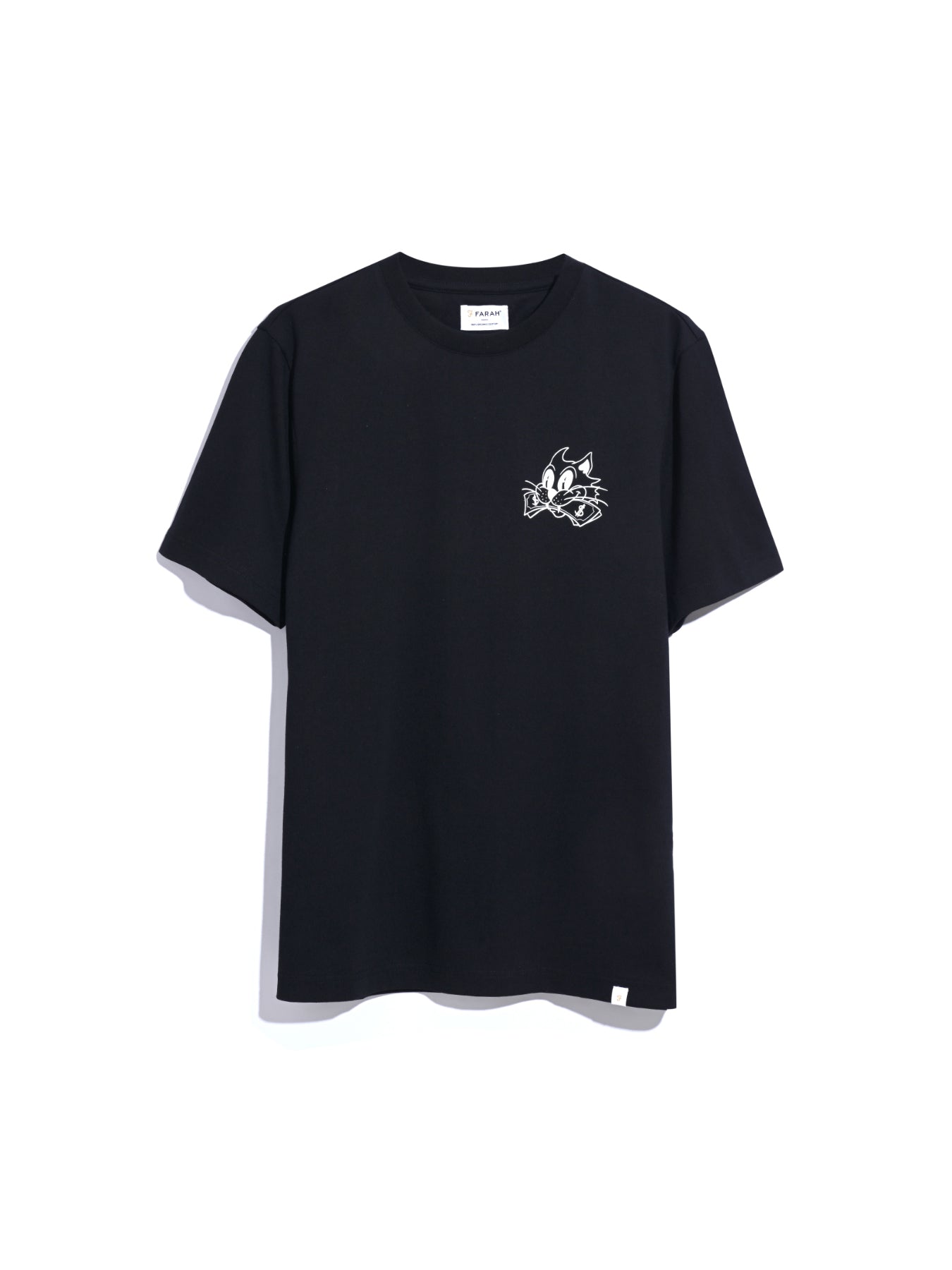
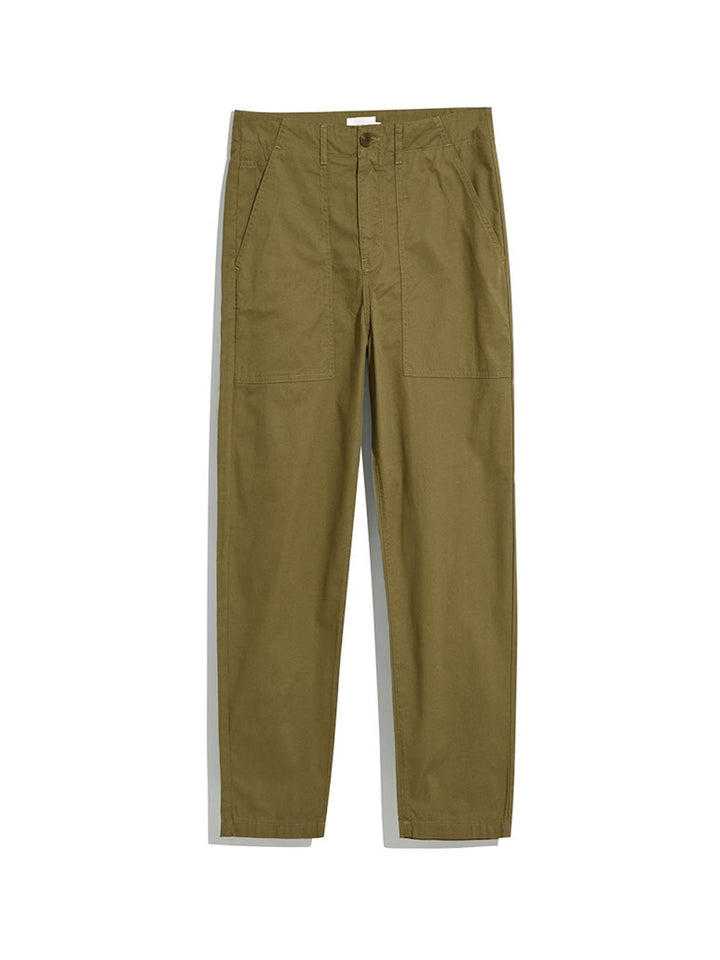
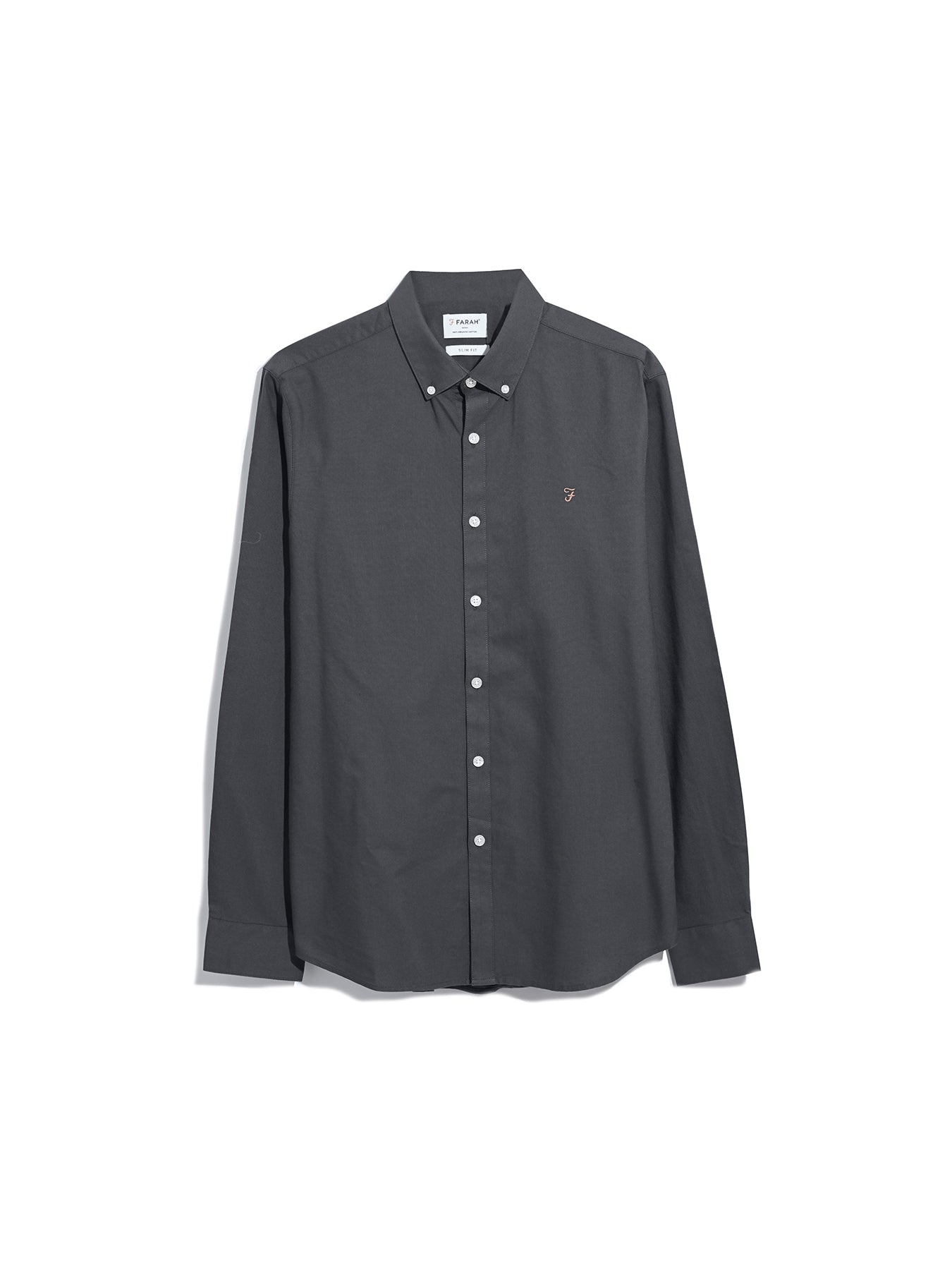
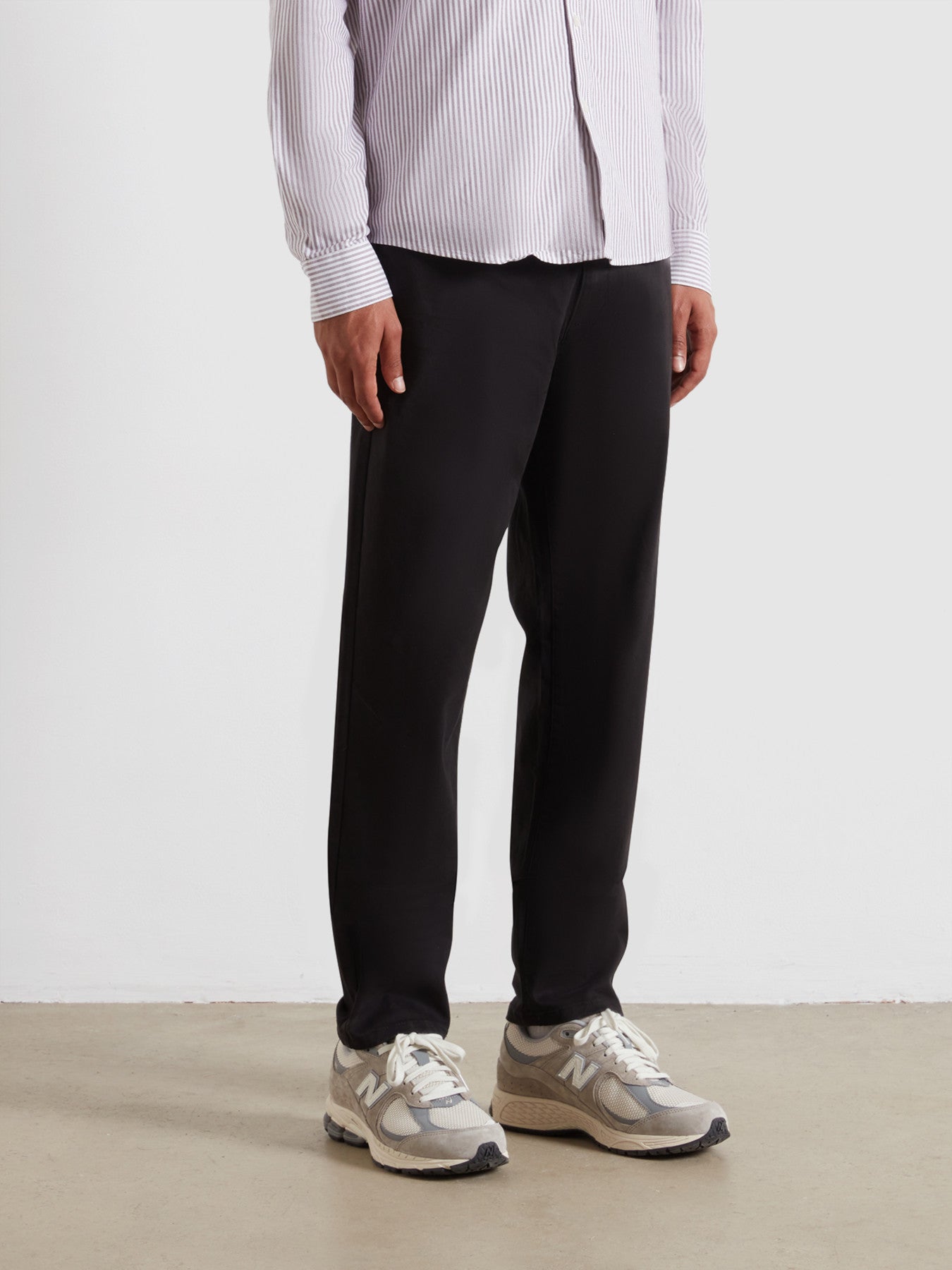
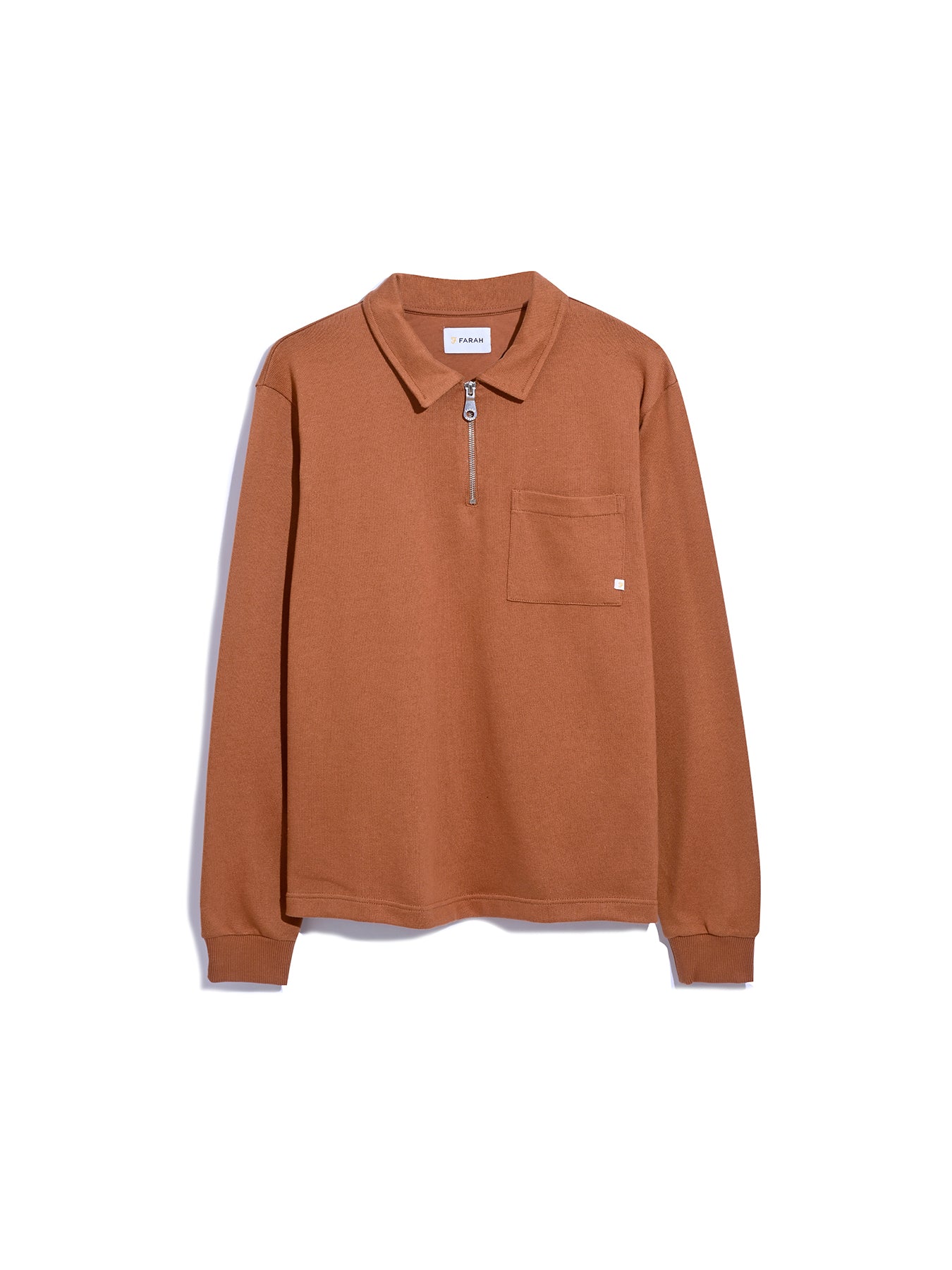
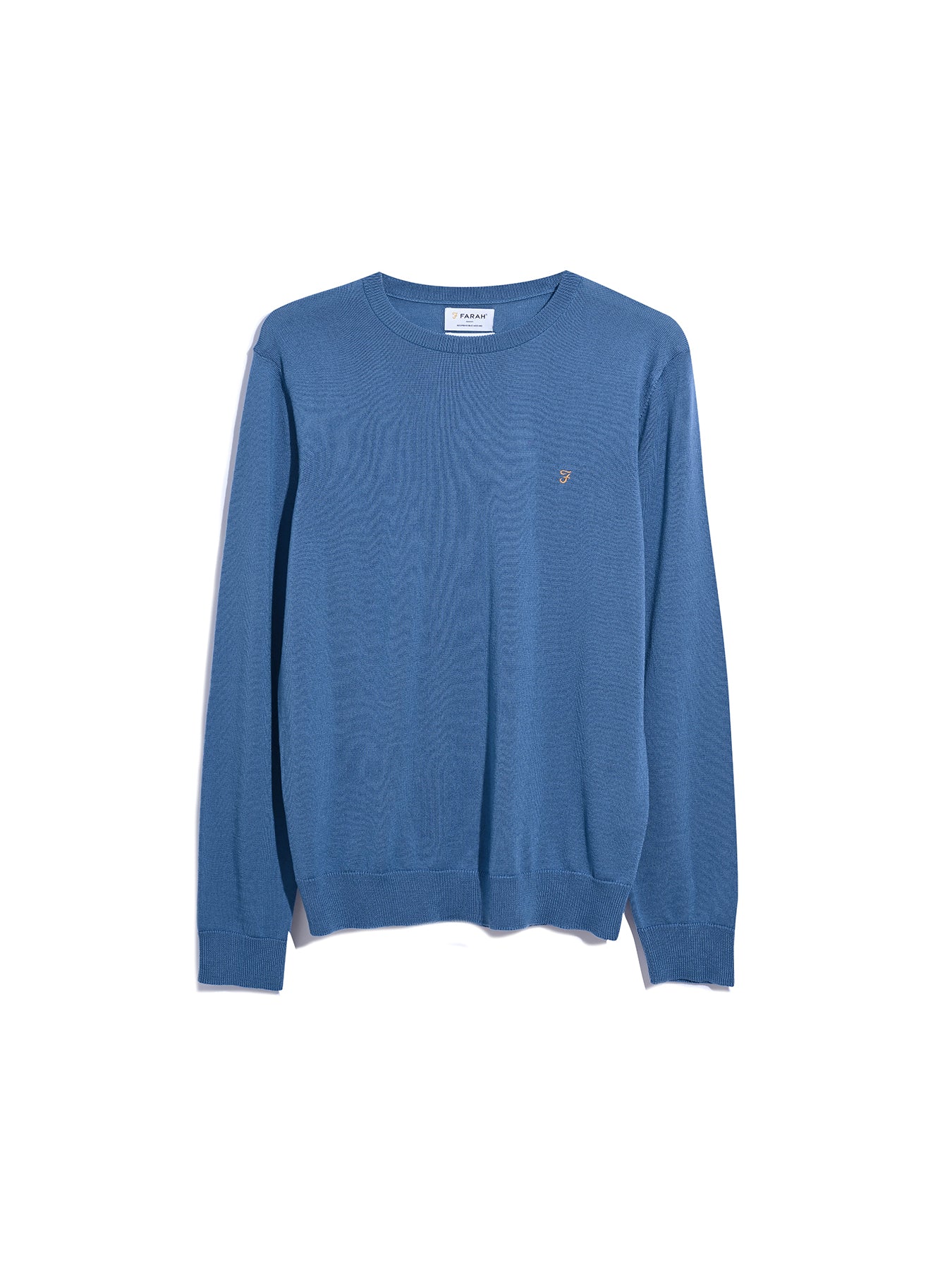
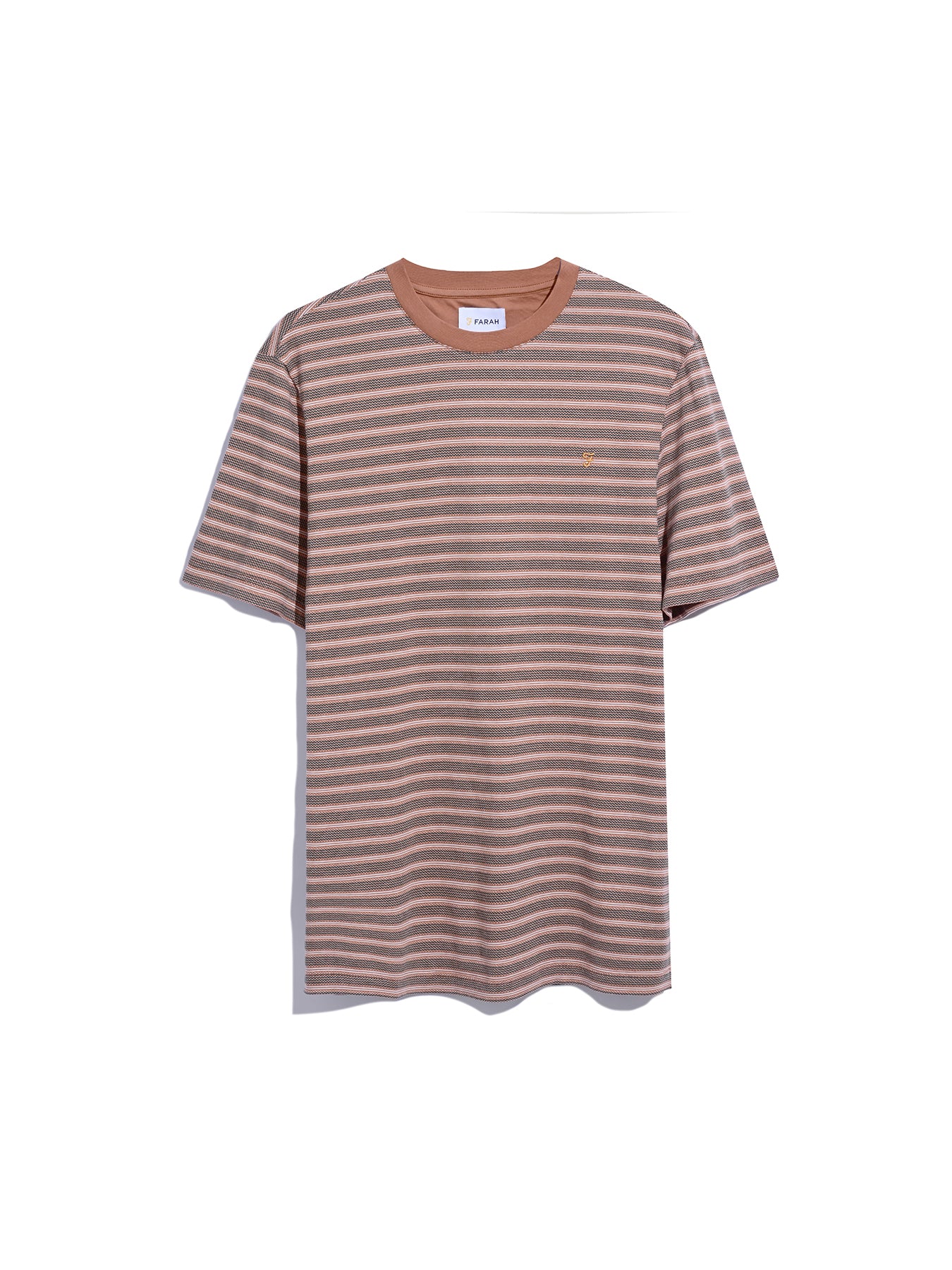
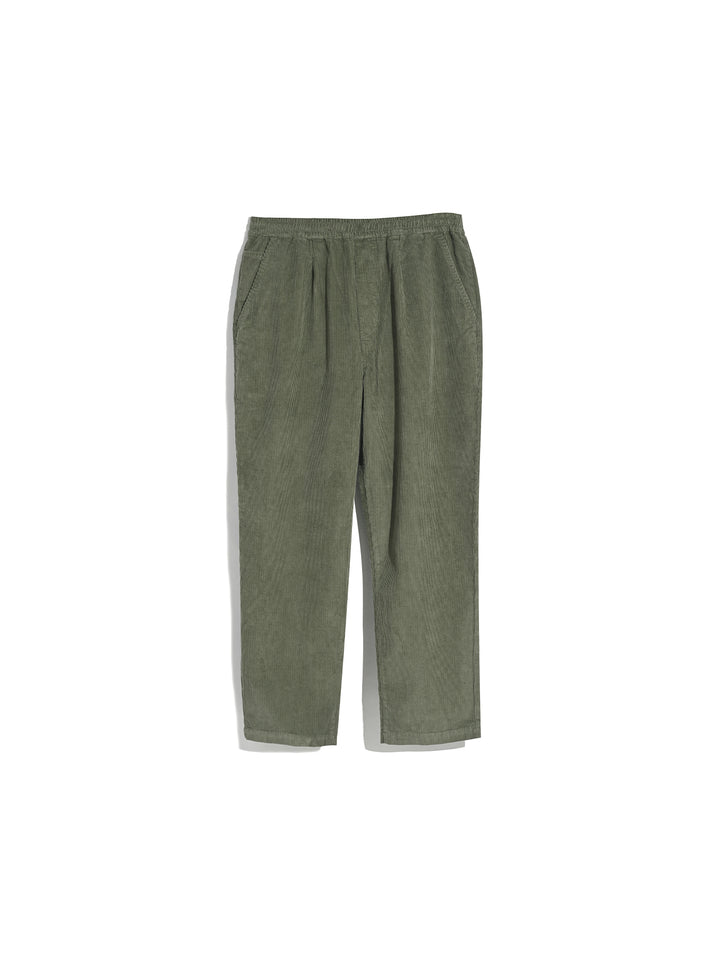
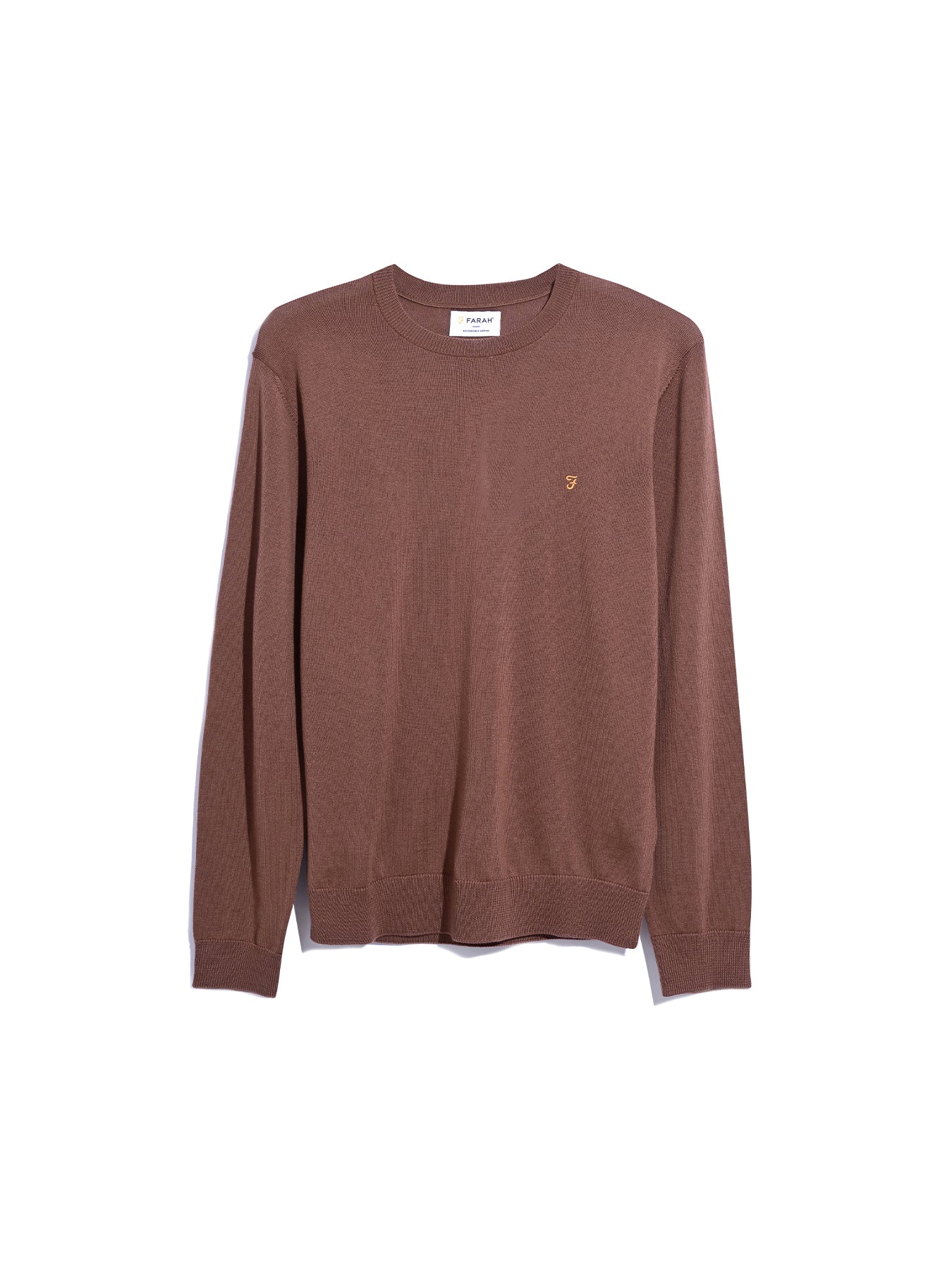
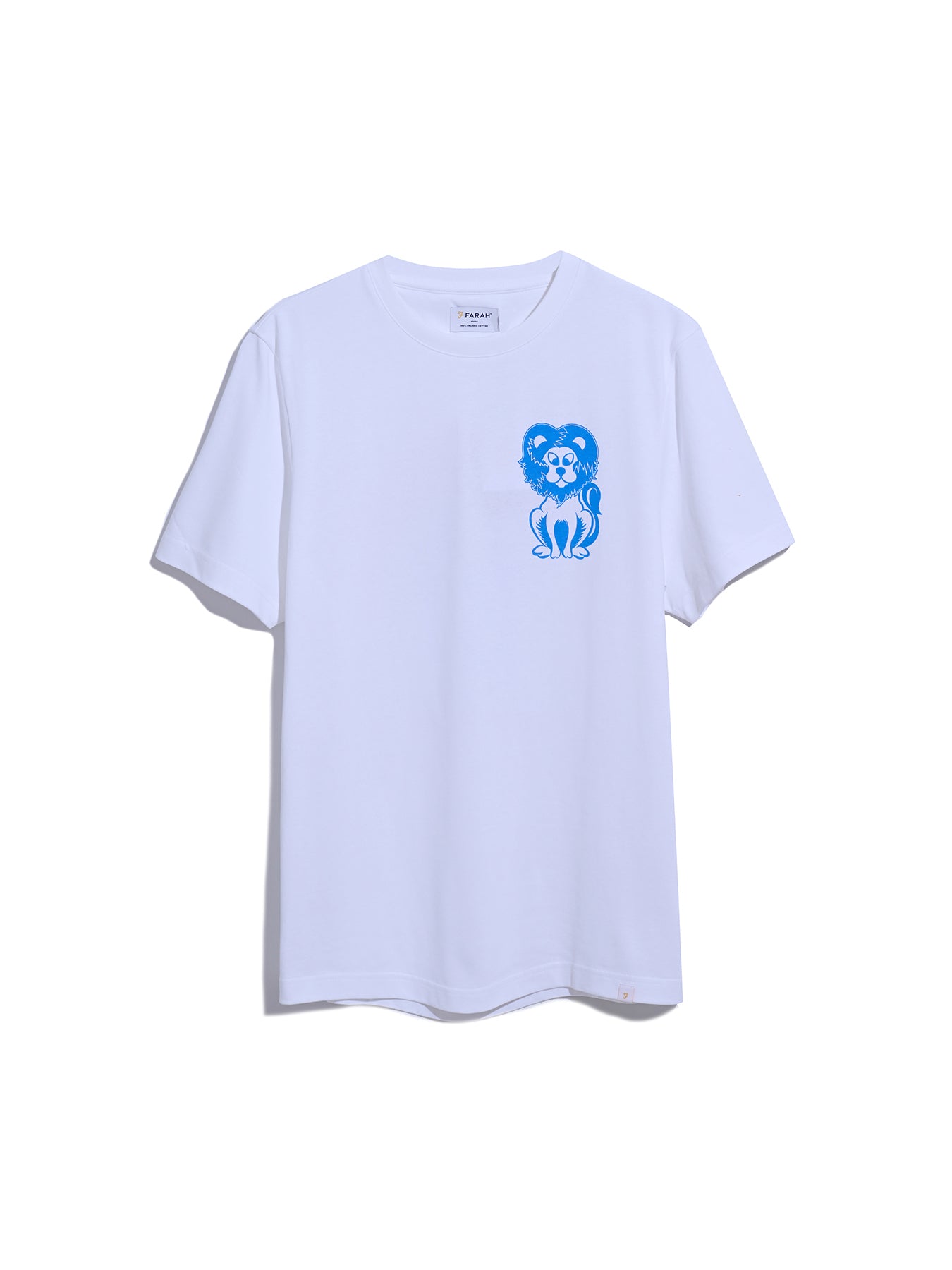
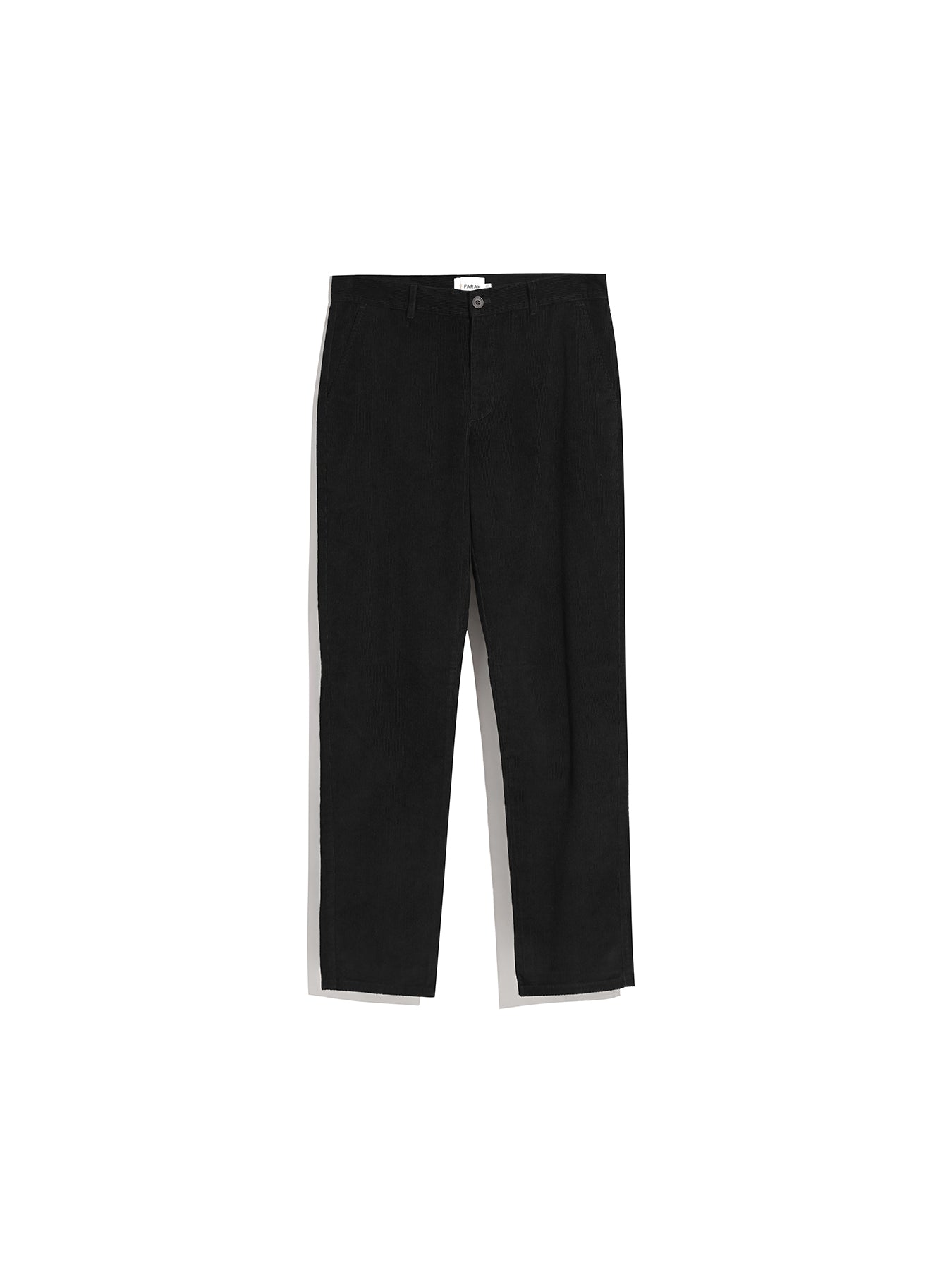
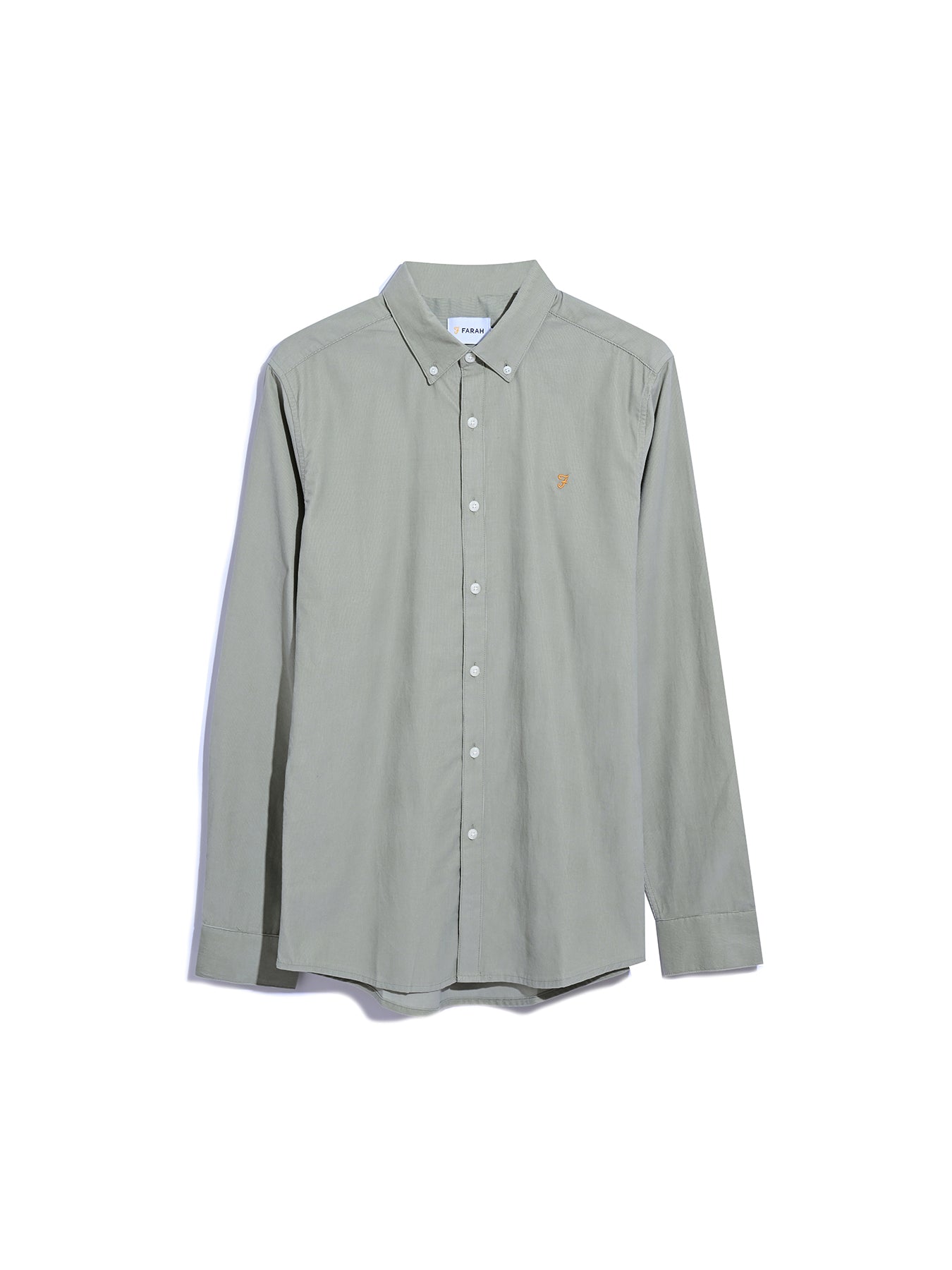




Hinterlassen Sie einen Kommentar